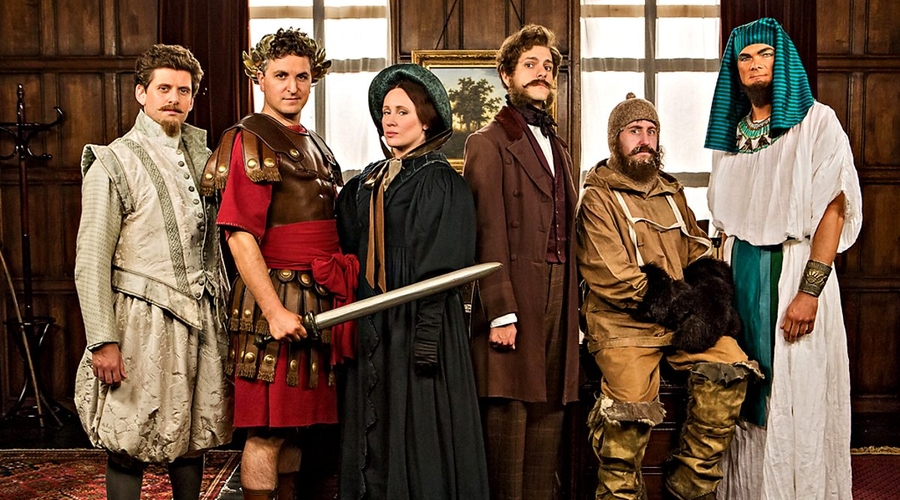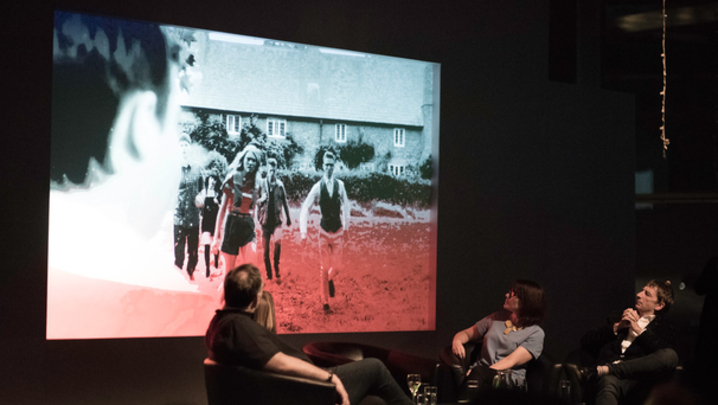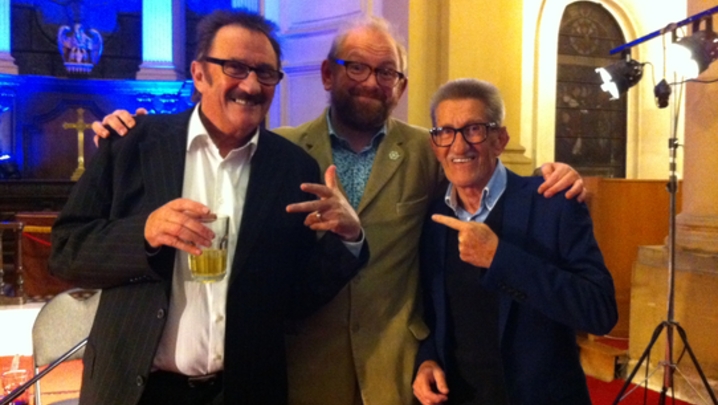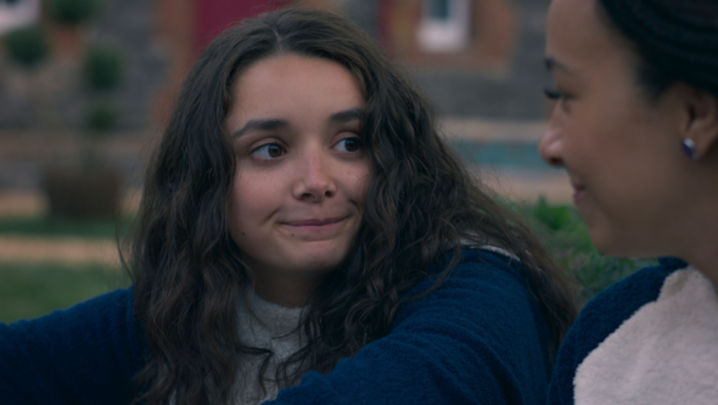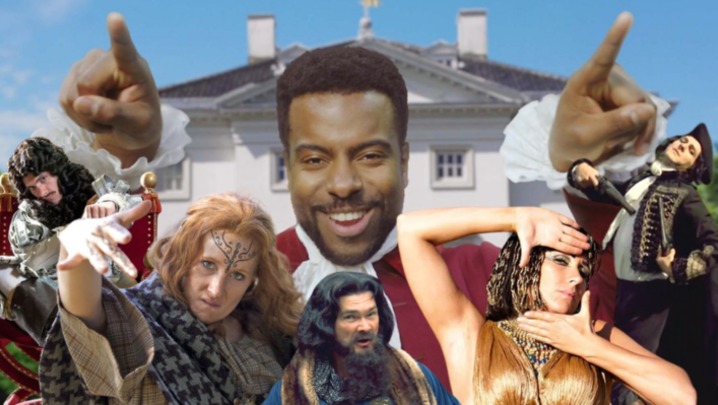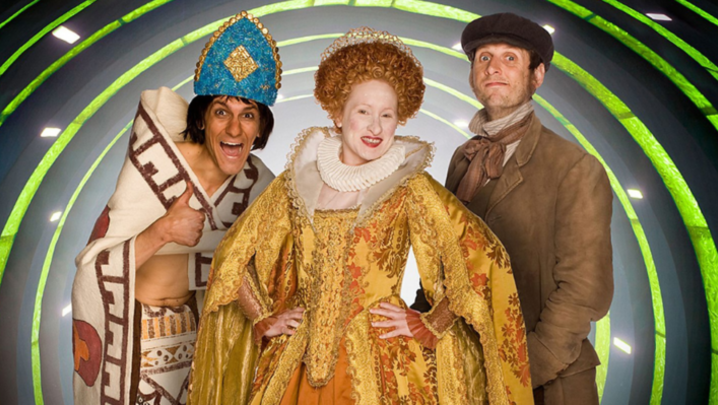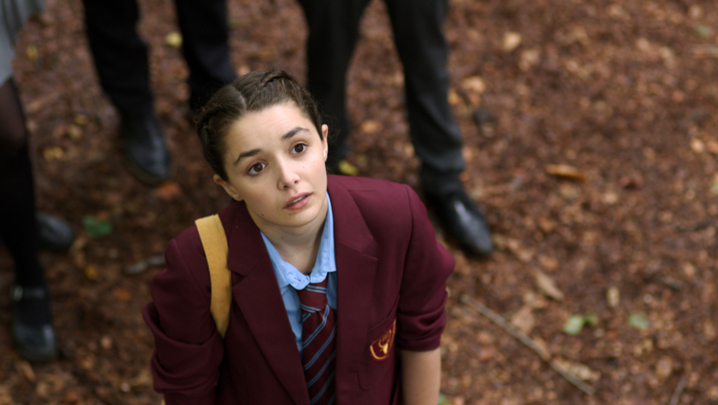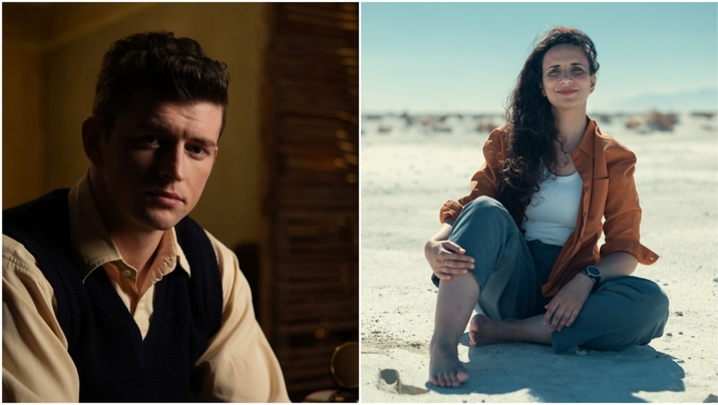CBBC’s Horrible Histories was the subject of RTS London’s latest production focus in early November – with a team of creatives from producers Lion Television explaining how they put together the award-winning show.
Series producer Tom Miller hosted the panel, which included historical consultant Greg Jenner, writer Ben Ward, make-up designer Vicky Voller, production designer Antony Cartlidge and actress Jessica Ransom.
“The key thing about Horrible Histories is that everything starts with the history – the facts,” said Miller, who illustrated this point throughout the evening with clips of sketches and songs from the show.
The series first aired in 2009 and is based on the books written by Terry Deary. It has been festooned with awards – at one point the show received four successive Baftas and a Prix Jeunesse for best children’s show of the past 50 years.
Jenner and his team of researchers plough through history to find potential subject matter. Months of research enable them to compile folders of facts you may, or more likely don’t know about, the Tudors, Saxons or Shakespeare.
Jenner then presents that research to the writers – Horrible Histories has around 10 – who work on coming up with ideas that will entertain the show’s young audience, while giving them accurate history behind the jokes.
“It’s a writers’ room like no other,” said Ward, “It’s not about finding the funniest things, but finding the most interesting things in history – and making them funny.”
Ward offered an example. The show is famous for its songs illustrating historical characters, often based on parodies of music styles. One song featured Shakespeare and his fellow writers.
”The problem with Shakespeare is that everything going on around him was so much more interesting than his own life,” explained Ward. “He led a boring, quiet home life, steadily building up his portfolio of plays – and another portfolio of property – while contempories Ben Johnson and Christopher Marlowe were leading wild lives. [They were] disreputable, always getting arrested.”
The song reflected those differences, offering a perspective on Shakespeare of which not many adults, let alone children, would be aware.

